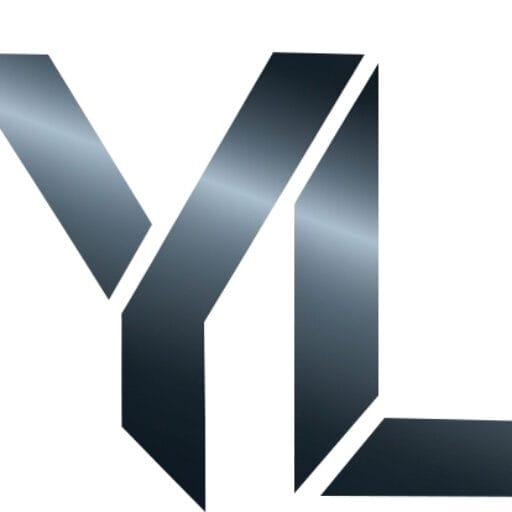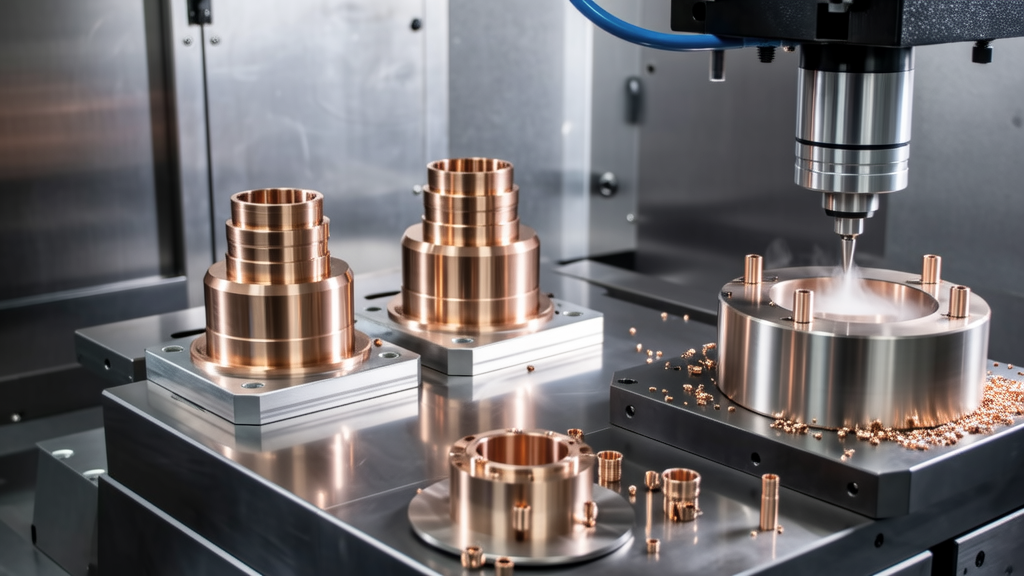Quality Control and Precision
Quality control should be your number one priority. This goes beyond just selecting a manufacturer; it involves understanding their quality assurance processes. You’ll want to ask questions like: what measures do they have in place to ensure precision? How do they handle discrepancies? Look for manufacturers that utilize high-precision CNC machines. These machines typically have a tolerance of +/
In addition to the machinery itself, inquire about the materials involved. Not all aluminum is created equal. Depending on your application, you might require specific grades of aluminum that can withstand certain conditions. For instance, 6061 aluminum is commonly used for its good mechanical properties, but if you’re dealing with corrosive environments, 5052 might be a better choice. As a shortcut, I always recommend checking the manufacturer’s material certifications.

Communication and Responsiveness
Another key factor is the manufacturer’s communication style. Effective communication can save a lot of headaches down the line. Ask yourself if the manufacturer is responsive. Do they answer your questions thoroughly? A manufacturer who takes the time to understand your needs and provide detailed feedback is invaluable. I recall a time when I was collaborating with a new supplier, and their quick responses not only made the process smoother but also helped us fine-tune the design based on their feedback.

Establishing a relationship with your supplier is paramount. Try to discuss possible projects in detail, sharing sketches or preliminary designs. A good supplier will offer recommendations, which can enhance your project’s outcome. You can often tell if the supplier is invested in your success through their willingness to provide insights.
Pricing and Lead Times
Of course, pricing is a factor that cannot be overlooked. However, the slogan “you get what you pay for” holds particularly true in CNC machining. It may be tempting to go for the cheapest option, but be wary of compromising on quality. Instead, have an apple-to-apples comparison of quotes that consider the quality of material, machine precision, and the manufacturer’s reputation. In my experience, a higher upfront cost can often lead to savings in the long run, as you’ll spend less on repairs or replacements.
Lead times are another critical consideration. Always discuss delivery schedules upfront. A reliable manufacturer will provide realistic timelines based on their workload and production capacities. During previous projects, I set unrealistic expectations because I failed to confirm the lead times. This often led to unnecessary delays that impacted our customers.
Here’s a quick overview:
| Factors | Description | Considerations |
|---|---|---|
| Quality Control | Precision and materials used | Check machine tolerances and material certifications |
| Communication | Responsiveness and relationship | Discuss projects in detail and seek feedback |
| Pricing | Cost versus quality | Compare quotes carefully; higher prices can mean savings |
| Lead Times | Production timelines | Get realistic timelines based on workload |
So, when considering CNC aluminum enclosure machining in China, remember to weigh these factors carefully. They greatly influence not only the quality of your final product but also your overall experience with the manufacturer. If you find this approach helps you navigate your decision, I’d love to hear how it worked out for you!



